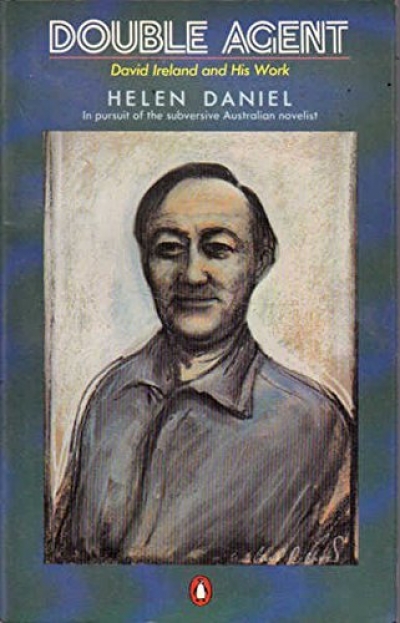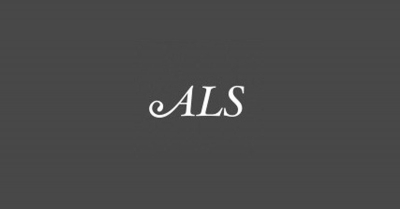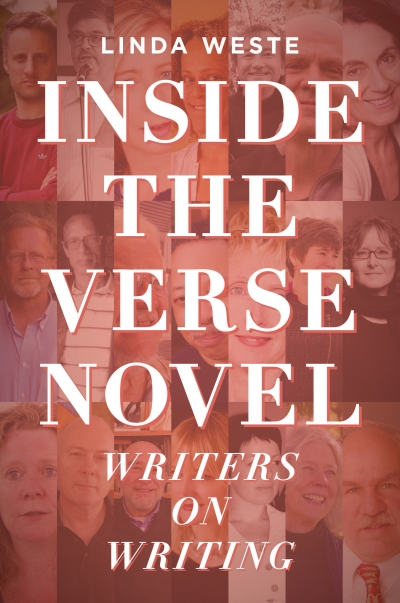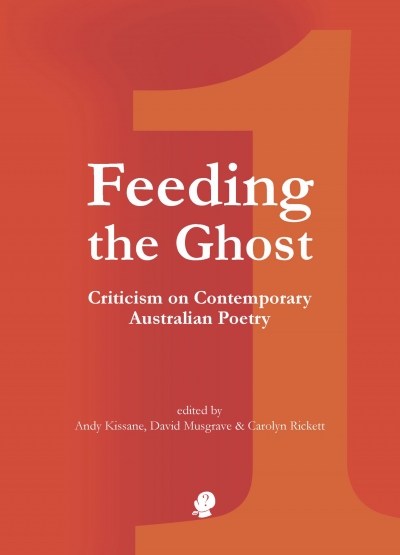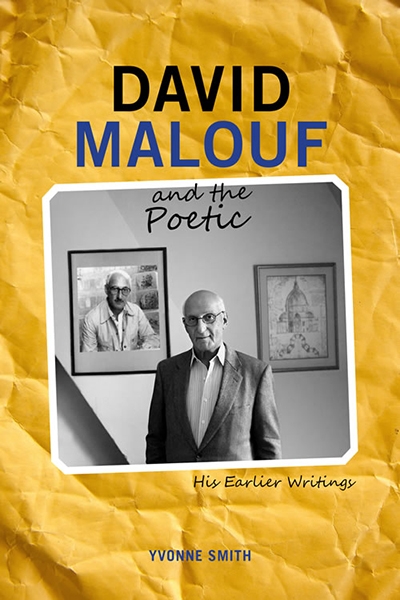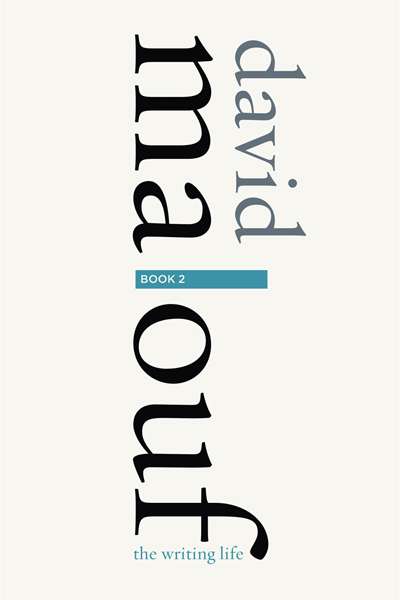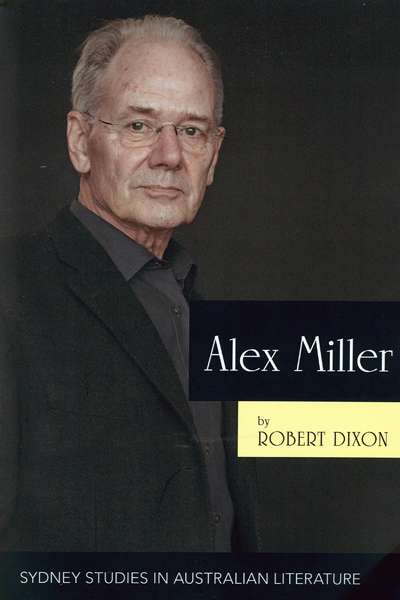Australian Literary Studies
Double Agent: David Ireland and his work by Helen Daniel
Oxford University Press has begun a welcome series called Australian Writers. Two further titles, Imre Salusinszky on Gerald Murnane and Ivor Indyk on David Malouf, will appear in March next year and eleven more books are in preparation. Though I find the first three uneven in quality, they make a very promising start to a series. In some ways they resemble Oliver and Boyd’s excellent series, Writers and Critics, even being of about the same length. However this new series is less elementary, more demanding of the reader. It is, predictably, far sparser in critical evaluation, concentrating on hermeneutics, and biographical information is as rare as a wombat waltz.
... (read more)ALS is pleased to announce a new Book Reviews Program for emerging and early-career scholars. Reviews will centre on scholarly and non-fiction books about Australian literary cultures and/or by Australian literary studies scholars. The program will include mentoring in academic publishing from our editorial team and payment of $200 (for unwaged, precariously employed, or postgraduate colleagues).
... (read more)Inside the Verse Novel: Writers on writing by Linda Weste
Feeding the Ghost 1: Criticism on contemporary Australian poetry edited by Andy Kissane, David Musgrave, and Carolyn Rickett
David Malouf and the Poetic: His earlier writings by Yvonne Smith
D.H. Lawrence's Australia: Anxiety at the edge of empire by David Game
People who go in for the arts are often advised Don’t give up your day job. But what’s a suitable day job for a poet? A century ago many Australian poets made a meagre living as freelance writers for newspapers and magazines. Some even took up journalism full-time, writing their verses on the side. The old Bulletin, one of the wellsprings of Austra ...

